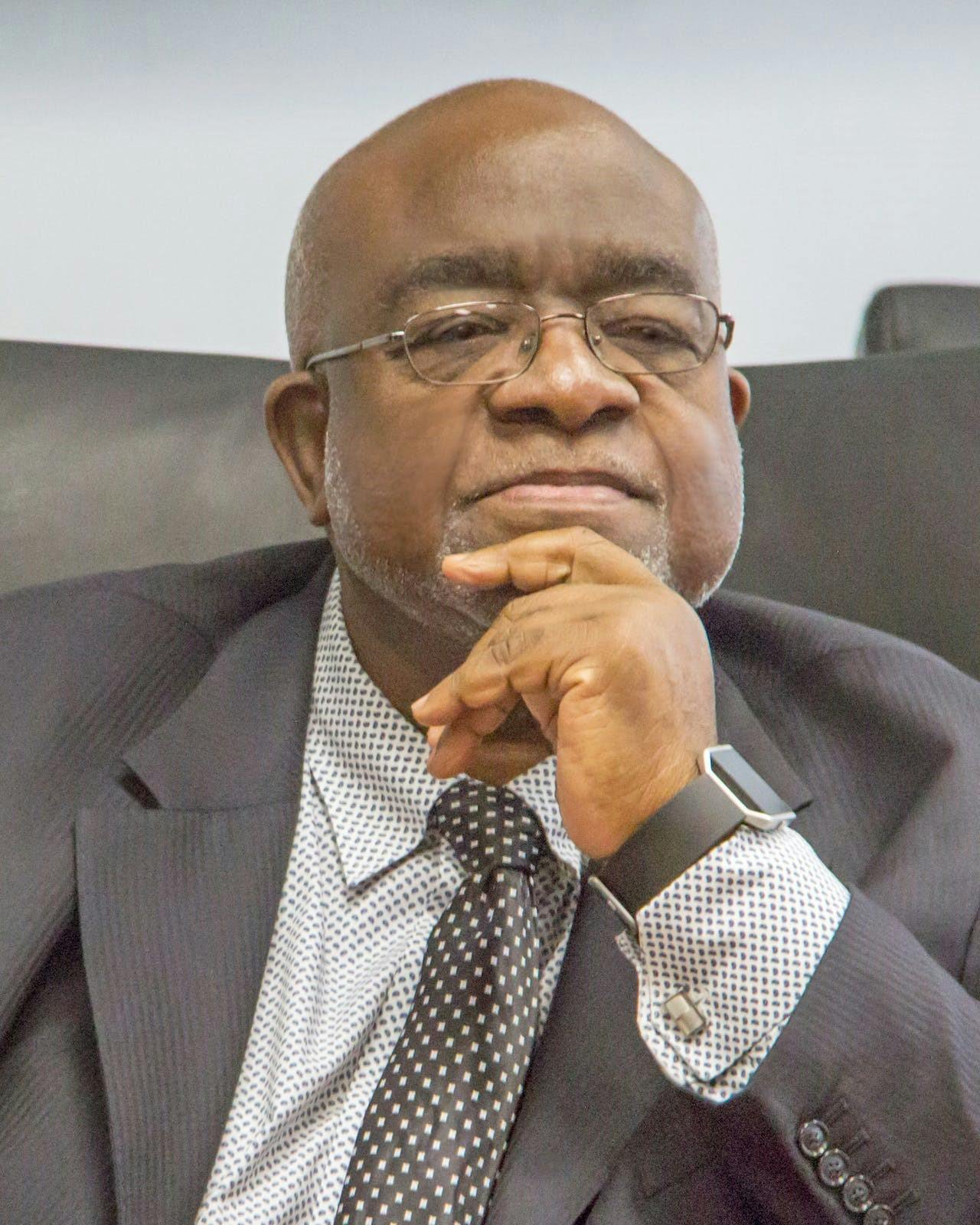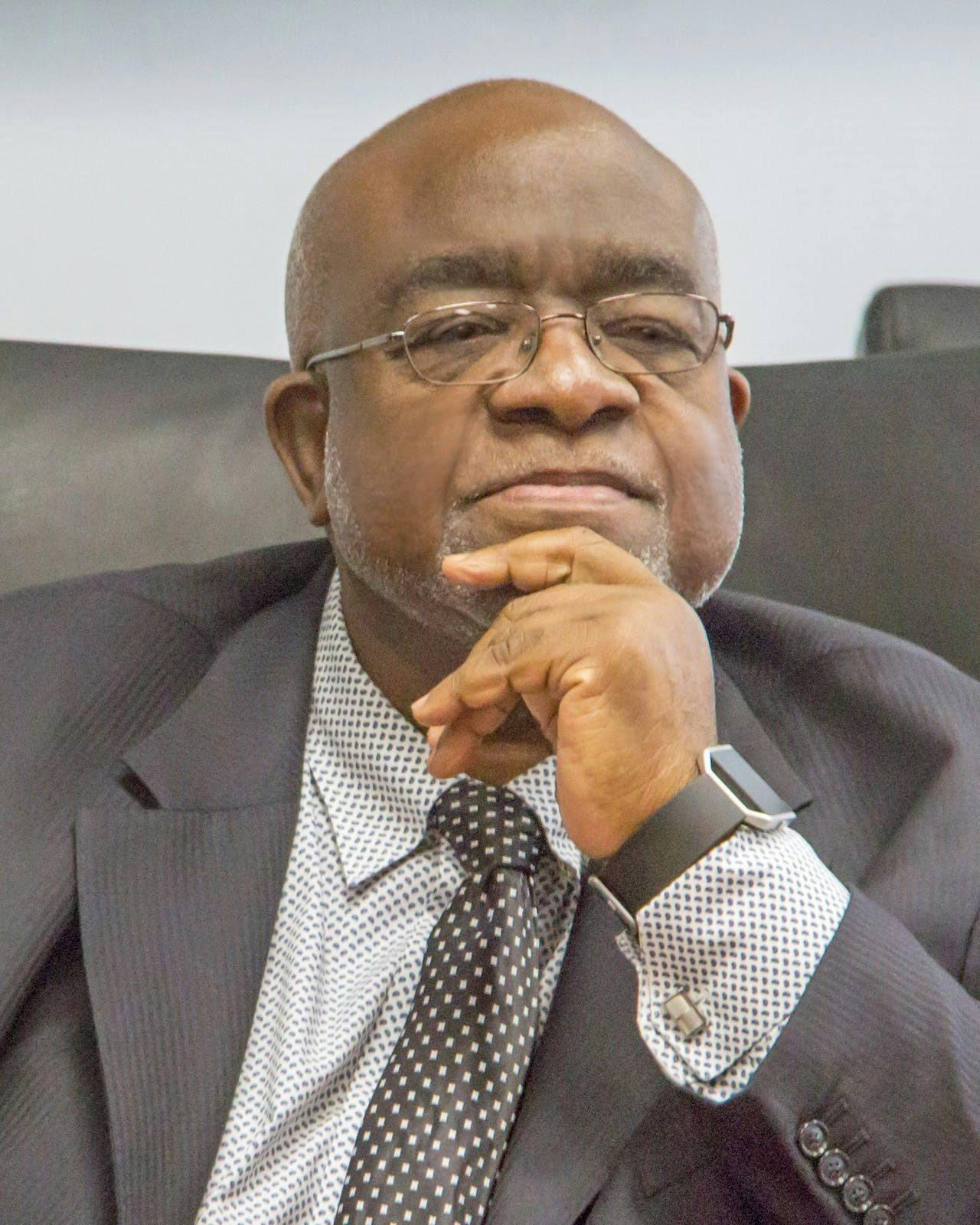Pandemic and Racial Reckoning Reframe Equity Imperative for Community Colleges

[ad_1]
 Dr. Curtis L. IveryCOVID-19 has modified the nation and its group schools without end by shining a highlight on the racial, social, gender, financial, and technological inequities that accelerated in the course of the pandemic. Group school leaders discovered many classes from their experiences, one in all which was that the essential wants of our college students went drastically unfulfilled.
Dr. Curtis L. IveryCOVID-19 has modified the nation and its group schools without end by shining a highlight on the racial, social, gender, financial, and technological inequities that accelerated in the course of the pandemic. Group school leaders discovered many classes from their experiences, one in all which was that the essential wants of our college students went drastically unfulfilled.
Schools responded with meals pantries, transportation vouchers, emergency monetary help, expanded psychological well being providers, and different basic-needs applications. As they swiftly transitioned to distant studying, a number of addressed the disproportionate lack of digital sources in African American, Latino, Native American, and different households through the use of federal COVID reduction funds to offer college students with free laptops and web entry. On the identical time, school leaders discovered that we should successfully anticipate and adapt to quickly altering demographic, academic, financial, and cultural adjustments by changing into extra progressive and entrepreneurial in any respect ranges.
I really like the closing line of a poem in regards to the pandemic revealed by retired instructor Kitty O’Meara in 2020: “And when the hazard handed, and the folks joined collectively once more, they grieved their losses and made new decisions, dreamed new desires, and created new methods…” Primarily based on classes discovered in the course of the pandemic, group school leaders at the moment are “making new decisions, dreaming new desires, and creating new methods.” We’re grieving our losses and reframing the very nature of our establishments. We’re studying to see our schools via completely different frames or lenses extra suited to the brand new realities led to by COVID, the associated healthcare and financial crises, and the nationwide social reckoning. This reframing of our perspective contains seeing fairness as an overarching crucial. It means changing into really student-centered, extra progressive and entrepreneurial, extra collaborative each inside the school and with group companions, and utilizing know-how as a pressure for institutional transformation.
As we reframe based mostly on our COVID-19 experiences, we construct on the agency basis of the time-tested open-door philosophy of the nationwide group school motion. The open door is just not an admissions coverage or particular program, however the institutional soul of “democracy schools.” It’s a condensed expression of the democratic and egalitarian ideas that information our every day selections and actions. The pioneers of the motion envisioned a liberating position within the lives of those that may in any other case be disenfranchised and unconnected to the mainstream. Now, the present era of leaders is known as to resume this unwavering dedication to the open-door philosophy as we adapt to new academic and societal realities and construct the equity-driven group school of the long run. If group schools fail to offer such management in making a multiracial democracy, they forfeit their irreplaceable worth to society.
I’ve a smooth spot in my coronary heart for college kids who overcame monetary, academic, and different life limitations to realize their educational and profession targets. I believe usually of the African American ladies from low-income backgrounds who’re courageously and efficiently combining the roles of single mother, pupil, and supplier even in the course of the pandemic. These are the scholars at Wayne County Group Faculty District (WCCCD), and they encourage me as chancellor to view each enchancment effort via an equity-driven lens. Primarily based on classes discovered in the course of the pandemic, WCCCD is giving the very best precedence to eradicating all private, educational, and societal limitations so that each pupil has the alternatives and sources to succeed and thrive. Actions embrace our equity-driven pupil success technique and our Reinvent Range, Fairness and Inclusion initiative.
Due to the ravage introduced on by the COVID pandemic, I’ve been taking a customized take a look at the altering position of group school leaders who’re going past conventional academic capabilities to function champions for social progress. City Voices: Racial Justice and Group Faculty Management – African American CEOs of City Group Schools Converse Out (Ivery & McPhail, at press, 2022) collects many of those views and is to be revealed by Rowman & Littlefield in July. The e book focuses totally on the crucial of merging racial fairness and group management methods with the eagerness of civil rights activism.
The way forward for group school is deeply interwoven with the way forward for these disenfranchised and impoverished teams that stay in the shadows of our cities, suburbs, and rural areas. For them, the group school is the first – and sometimes the one – gateway to the financial mainstream and social justice. I’m so happy with my colleagues as they publicly, unapologetically, and courageously take actions inside their schools and in the communities they serve. As fierce advocates for social justice, they’re partnering with different organizations to proactively dismantle insurance policies that perpetuate disparities in areas corresponding to wealth, earnings, training, employability, and financial alternative.
A eager observer of the American situation, my good friend Cornel West states within the foreword to City Voices that the transcendent energy of group schools is crucial to the following section of the democratization of upper training. Certainly, as racial and ethnic minorities turn into the brand new majority, I can’t think about one other time in our historical past when our open-door philosophy and equity-driven commitments have been extra important to the success of our nation.
Dr. Curtis L. Ivery serves as chancellor of the Wayne County Group Faculty District (Mich.).
The Roueche Middle Discussion board is co-edited by Drs. John E. Roueche and Margaretta B. Mathis of the John E. Roueche Middle for Group Faculty Management, Division of Instructional Management, Faculty of Schooling, Kansas State College.
[ad_2]
Source link